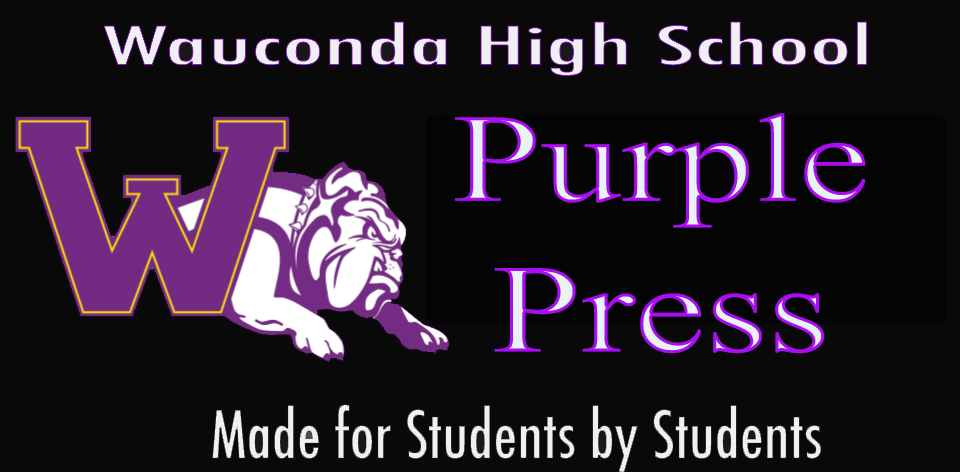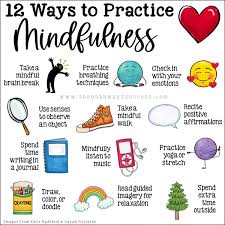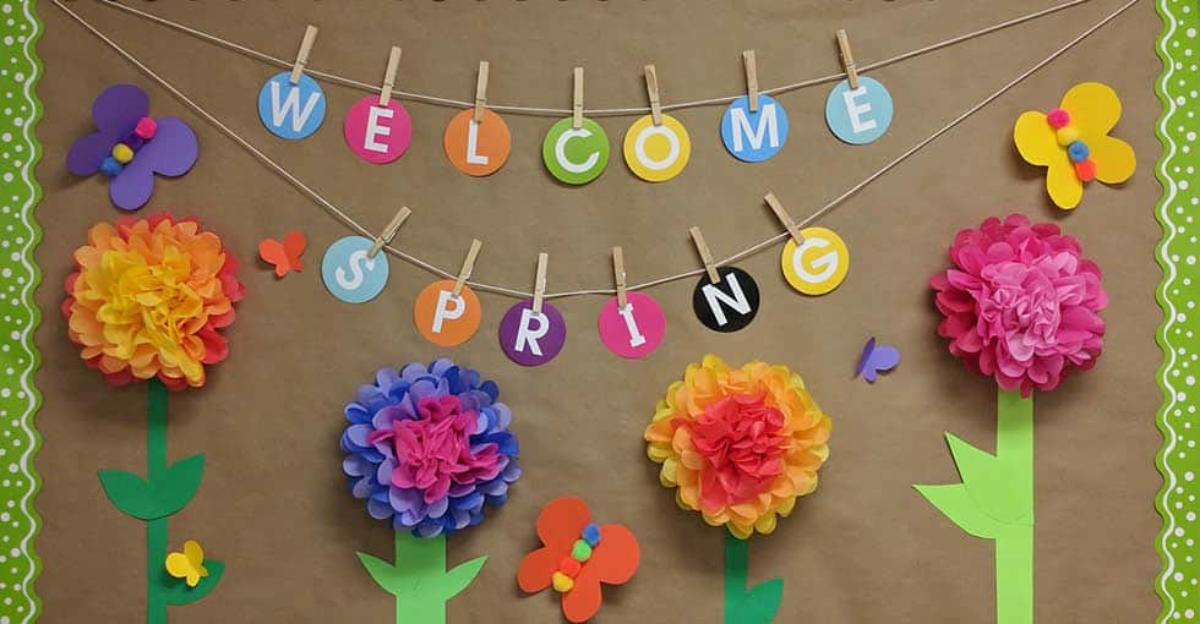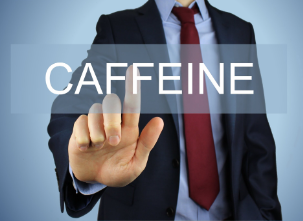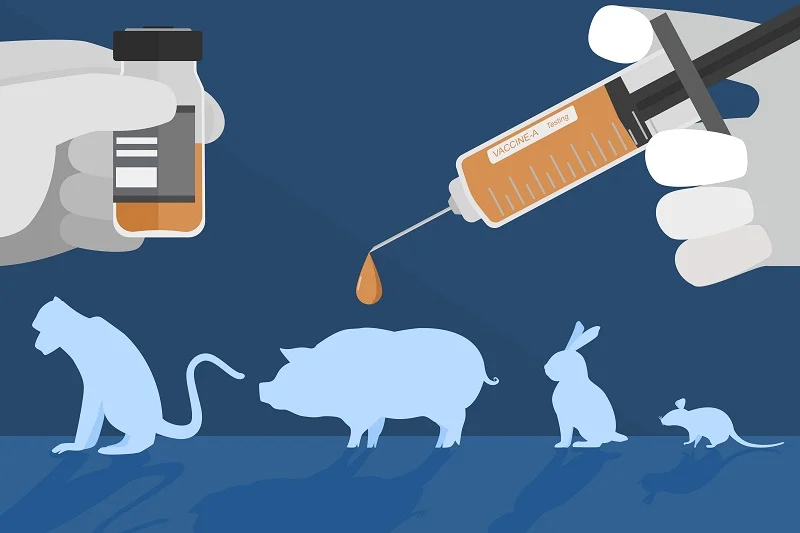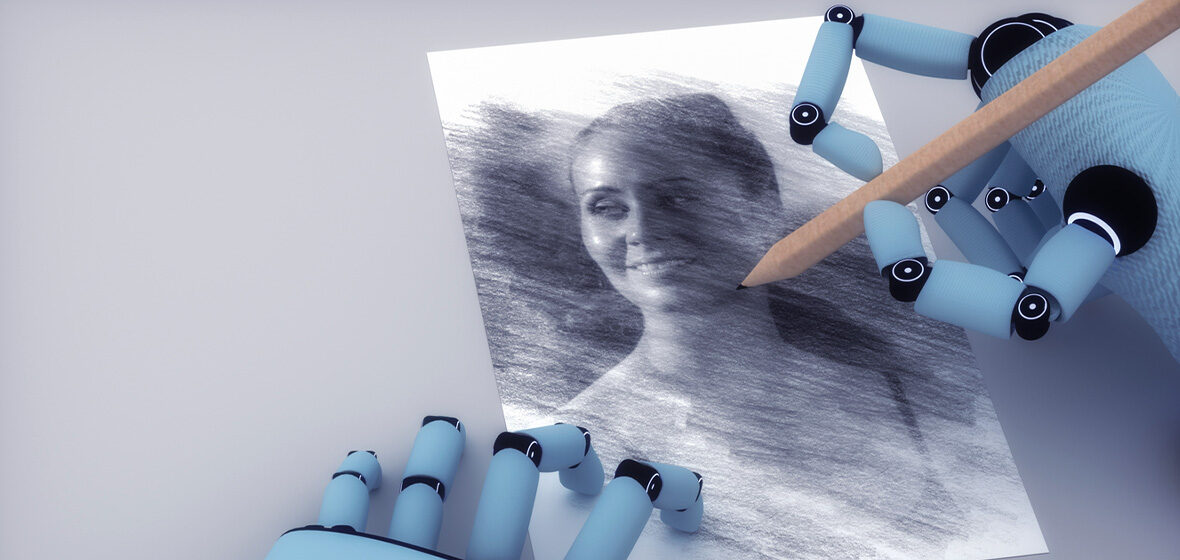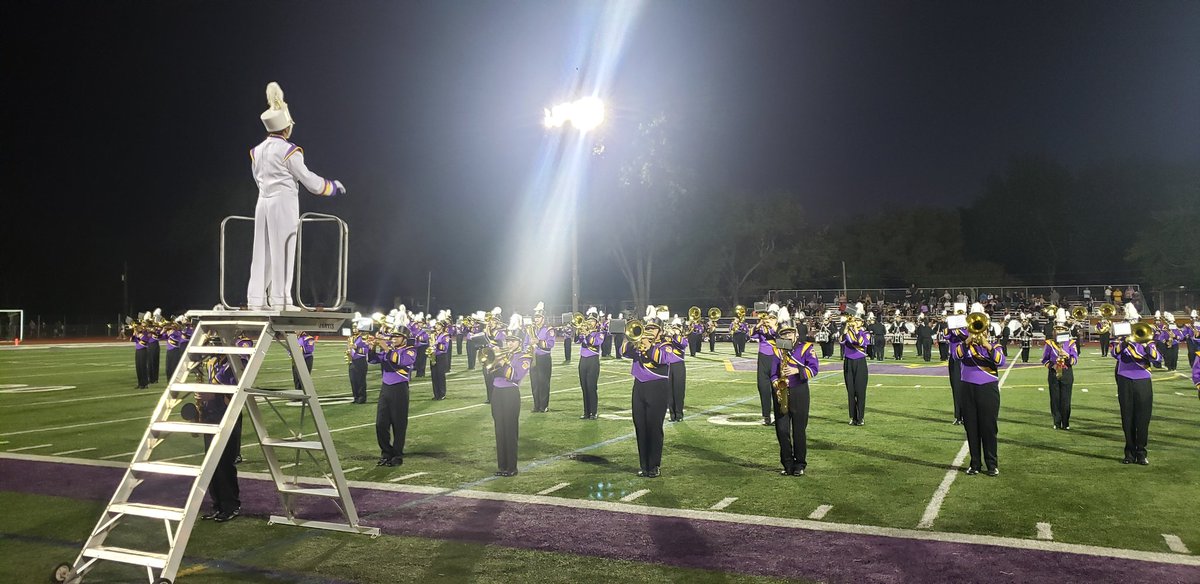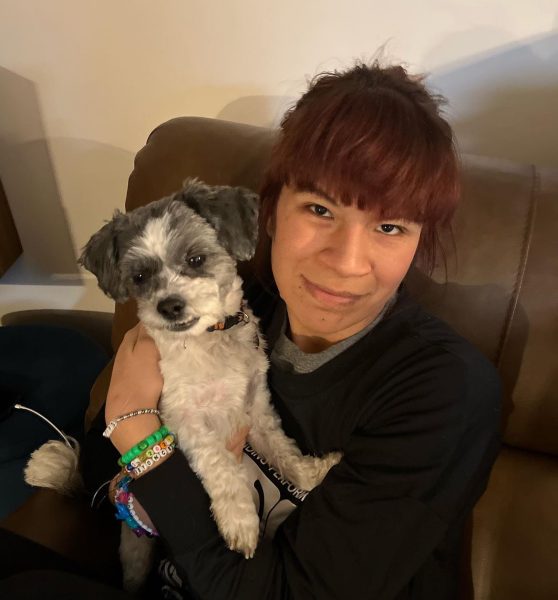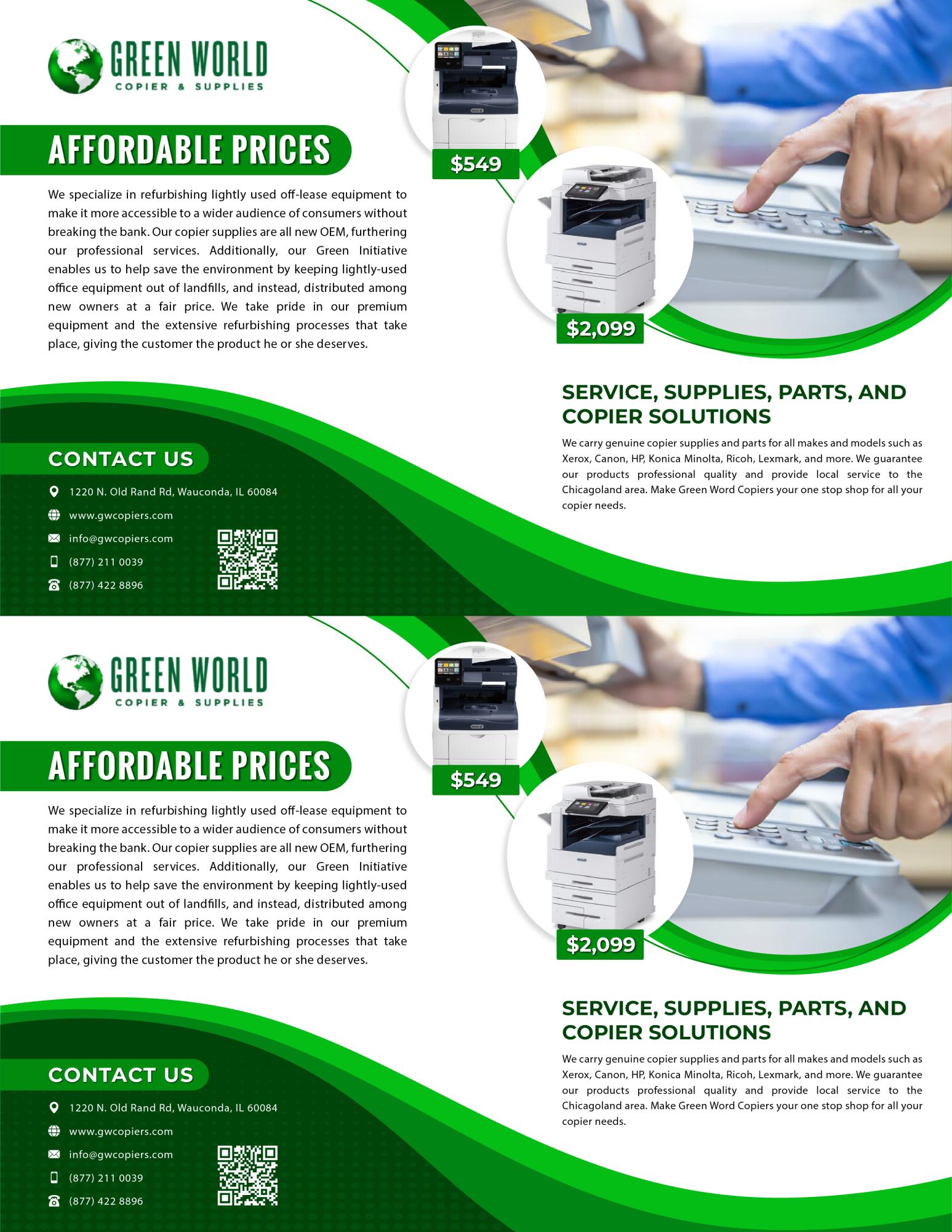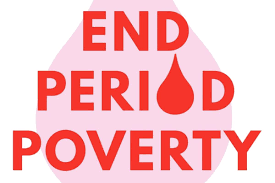
Throughout history, women have often been treated unfairly and with disrespect. During war, women were often expected to stay at home and not work. One of the most significant issues faced by women and girls is period poverty. Some women and girls aren’t able to afford the period products as they are high in price. According to the United Nations Human Rights, “Zammar has met many women and young girls at Jeyetna events who are ashamed and afraid when they get their periods for the first time. For instance, she met a 12-year-old girl who was afraid to tell her parents that she got her period because in her community when a girl starts menstruating it means that she is ready to get married” (United Nations Human Rights). In some countries, this means early marriage while it means that girls have become women. Period Poverty is both a women’s rights and public health issue. Many women in the world cannot afford period products as they are very high in price. Period products, such as a box of 60 pads costs $6.79, while a box of 42 Tampons costs $14.79. Some pads cost as cheap as $3-$4 at places like CVS. But you might say that those prices are pretty cheap but it can also seem expensive to some. According to Ballard Brief, Katie Krumperman explains, “In a 2019 study, 64% of menstruators noted that they struggled to afford menstrual products within the last year. 1 Stemming from the cost of products, stigmas, education, and the world pandemic, those who menstruate struggle to afford menstruation products and have adequate education on the subject” (Krumperman). Some states, including Illinois, require public schools to have a dispenser of period products in the girls’ bathroom. According to Girls Helping Girls Period, it states “Providing period products in school bathrooms for free is no more radical than providing toilet paper. It is necessary for student dignity, health, and equity. Regardless of whether we have a student who menstruates, we all must advocate for and support policies that provide these most basic necessities” (GHGP). This states that these dispensers are important because they help girls who need period products without having to pay, especially if their families can’t afford any. Here at Wauconda High School, there are period dispensers in every girl’s bathroom, but some are empty or filled but don’t work. This is an issue because some people struggle financially and aren’t able to afford period products. This has a negative impact on Wauconda High School, as girls may feel embarrassed or ashamed of getting their period. Period Poverty overall impacts students as some have a lack of access to menstrual products. According to Go Aunt Flow, Sami Sharfin explains, “Most schools keep menstrual products in the school nurse’s office. Students can get a period product for free but will have to walk across the campus while bleeding. Pads and tampons should be provided in restrooms, making them easily accessible to ANYONE who needs them and helping to combat the impact of period poverty. By doing this, schools can improve attendance and empower students with their education” (Sharfin). This explains that period products being accessible in the bathrooms will help girls get what they need. I interviewed a female student and staff member, asking how girls at WHS can help each other if one doesn’t have any period products. “They can ask each other if they can borrow some products.” Brianna Robles, a Freshman, explained.”I think that the females here at Wauconda, both students and teachers, can help each other by lending out products whenever possible! I always like to pack a variety of period products in my bag in case a student or fellow teacher may need support! Periods can be very tiring and painful, so being without products can really add extra stress to the matter.” Ms.Duna stated, “ As females, periods are something we can all connect with, so it’s important that we support each other whenever we can!” I also asked how we can fix the broken period product dispensers, “With strong females in the school, it is essential that all period product dispensers are filled and fully functional. In the case that any are out-of-order or empty, please report any issue to a teacher or any other staff member that you are comfortable with. This will allow us to put in a work order to get those fixed and/or refilled as soon as possible.” Ms. Duna explained. I also interviewed Nurse Reyes, the school nurse. I asked her how girls and female teachers can help each other if one doesn’t have a period product. “I would say a female student should go um and find if they feel more comfortable with a female teacher to let them know to inform the custodial or they can come down to the main office and let them know that they keep it in the nurse’s office.” Nurse Reyes explained, “So we can let them know to refill what bathroom, and other students can also if they don’t have any, let them know that the nurse has some in the bathroom. Just spreading the word.” I also asked about how we can fix the broken period product dispensers, “A lot of it I think is more just making the custodial or making administration know that they don’t have any. If they’re broken, then we need to order a new machine, but if they’re empty, they just need to be filled.” She stated, “ So it’s just students letting us know, like I said either a teacher, nurse, or an administrator, we can have them checked daily.” Period poverty is a serious issue that affects millions of women and girls worldwide. All of us should come together to ensure access to menstrual products. We can help end period poverty and improve lives.
